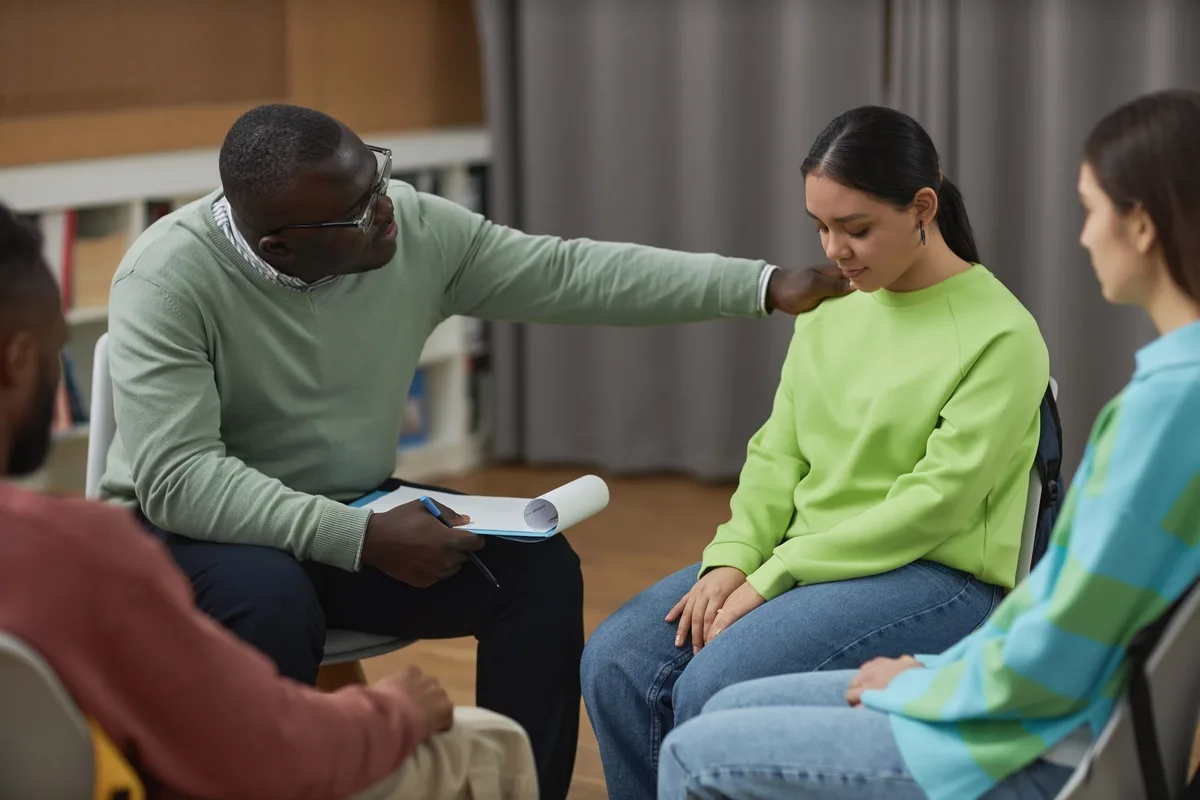24/7 Helpline:
(866) 899-221924/7 Helpline:
(866) 899-2219
Learn more about Medication-assisted Treatment centers in Garden City
Medication-assisted Treatment in Other Cities

Other Insurance Options

Oxford

United Health Care

UMR

Choice Care Network

American Behavioral

CareSource

Regence

ComPsych

MVP Healthcare

WellPoint

Amerigroup

Humana

Holman Group

CareFirst

Absolute Total Care

Highmark

Sutter

UnitedHealth Group

WellCare Health Plans

Ambetter































